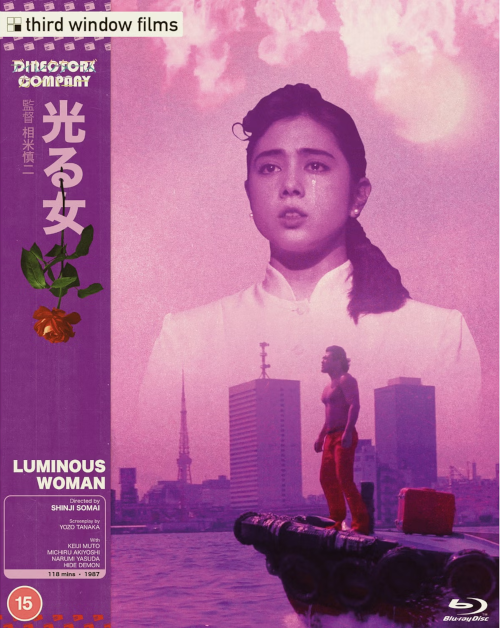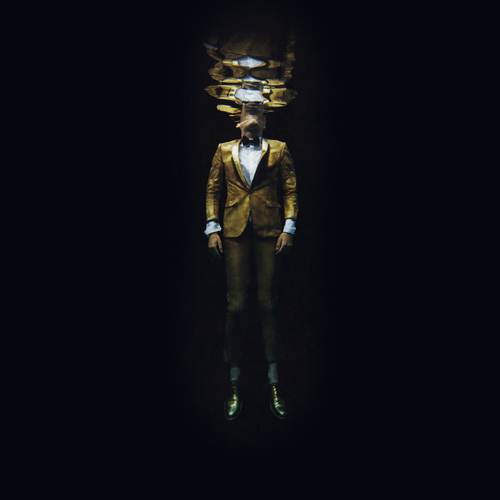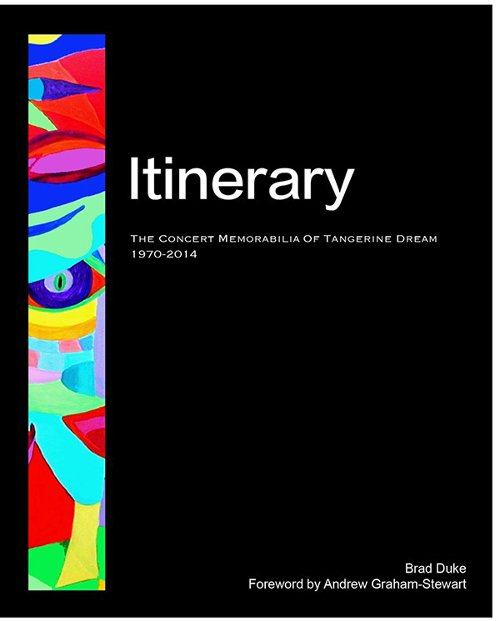 Shinji Sômai’s strange, singular vision of ’80s Tokyo comes to blu-ray as part of Third Window’s Director’s Series. It affords an opportunity to reassess a truly unique work, that balances earnest ennui with cartoonish eccentricity.
Shinji Sômai’s strange, singular vision of ’80s Tokyo comes to blu-ray as part of Third Window’s Director’s Series. It affords an opportunity to reassess a truly unique work, that balances earnest ennui with cartoonish eccentricity.
We meet our protagonist, the hulking mountain man Sensaku (played by legend of Japanese wrestling, Keiji Muto), as he reaches Tokyo from his home in Hokkaido, intent on finding his vanished fiancée who came to the city to study.
Here he roams the junkyards and dive bars, finding himself stumbling into a subterranean world of modern-day gladiatorial combat that he must explore if he is to ever find his love. In amongst battling people to the death, he meets an opera singer no longer able to sing (Michiru Akiyoshi) and the two begin to roam the city together.
Now if this all sounds faintly daft to you, that’s not an unfair take; in fact it’s probably the only way to take a synopsis like that. The central conceit of a protagonist who exists as a sort of WWF Captain Caveman figure wandering around the neon underbelly of Tokyo and occasionally battering someone in a nightclub to the sound of opera is deeply stupid. But yet in delivery it makes total sense. Sômai’s formal technique and baroque imagery gives the film an artificiality that reshapes it entirely, finding satire inside its absurd skeleton.
The two leads are essential to the earnest heart of the film, their chemistry is wonky yet convincing, and it means their strange urban odyssey feels hopeful even as the world they inhabit is often punishing. The superb making-of documentary that sits in this edition’s extras makes for an interesting accompaniment to their performances, showing the difficult process of Muto making his acting debut, as well as a look at the film industry at the time that seems to only support the film’s downcast look at urban life and attitudes towards art in the era.
It is by no means a perfect film, the comparison to The Cook, The Thief, His Wife And Her Lover is a touch cruel in that regard, but it is a deeply eccentric work that stands close to Sômai’s finest films, and it pulls one hell of a balancing act between opulent formal grandeur, wounded longing and unrestrained violence.-Joe Creely-


